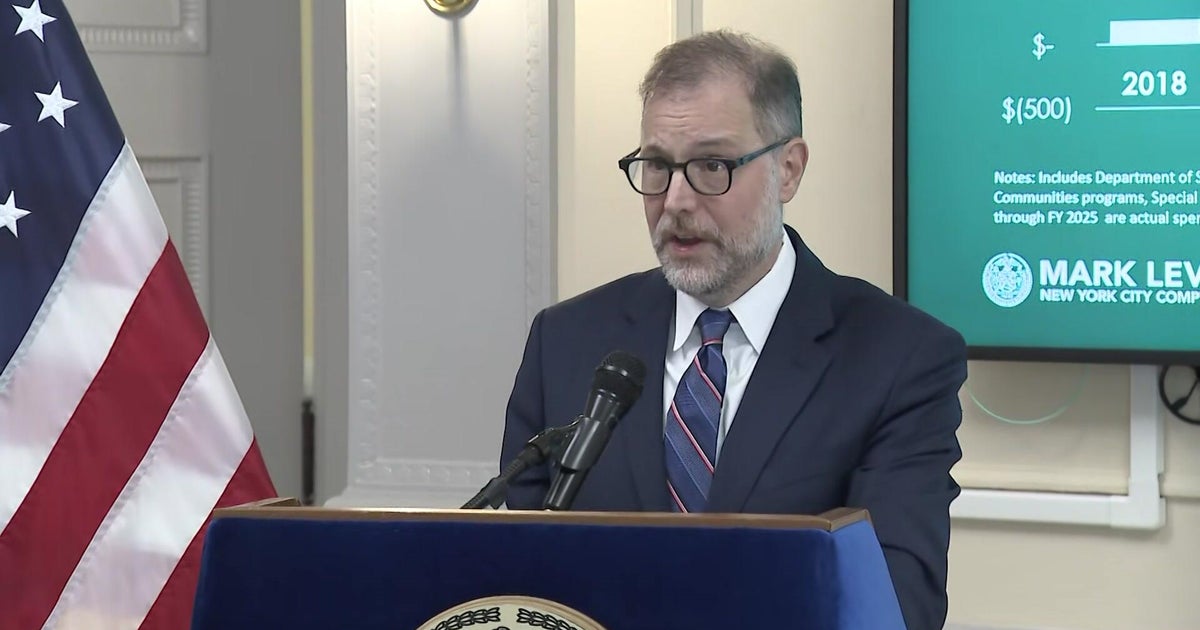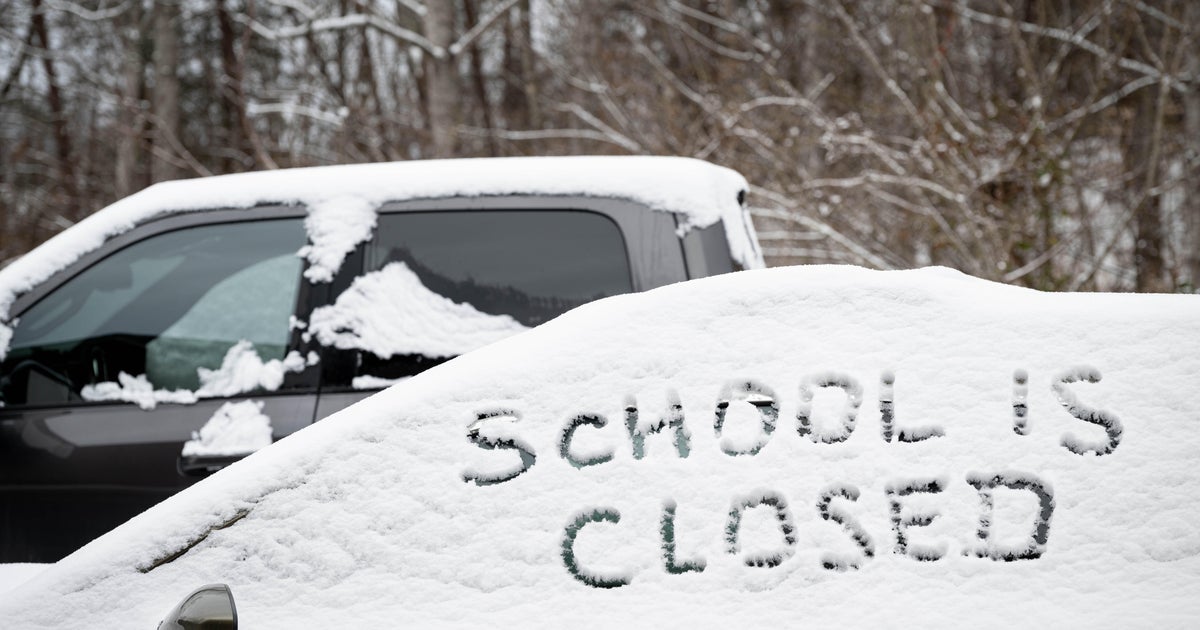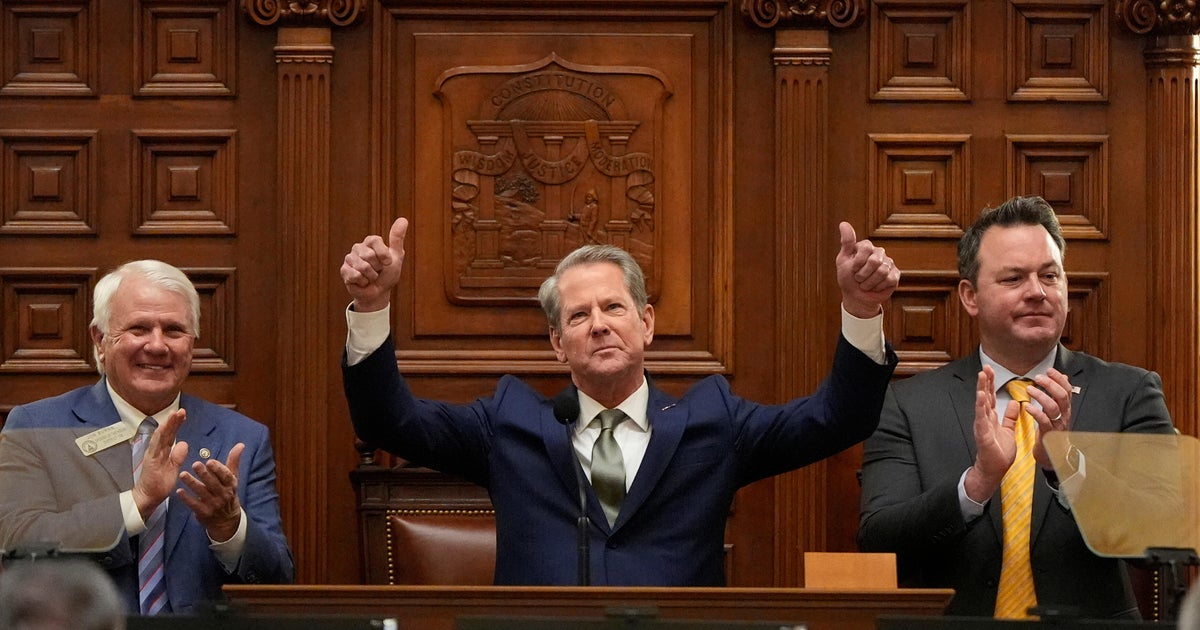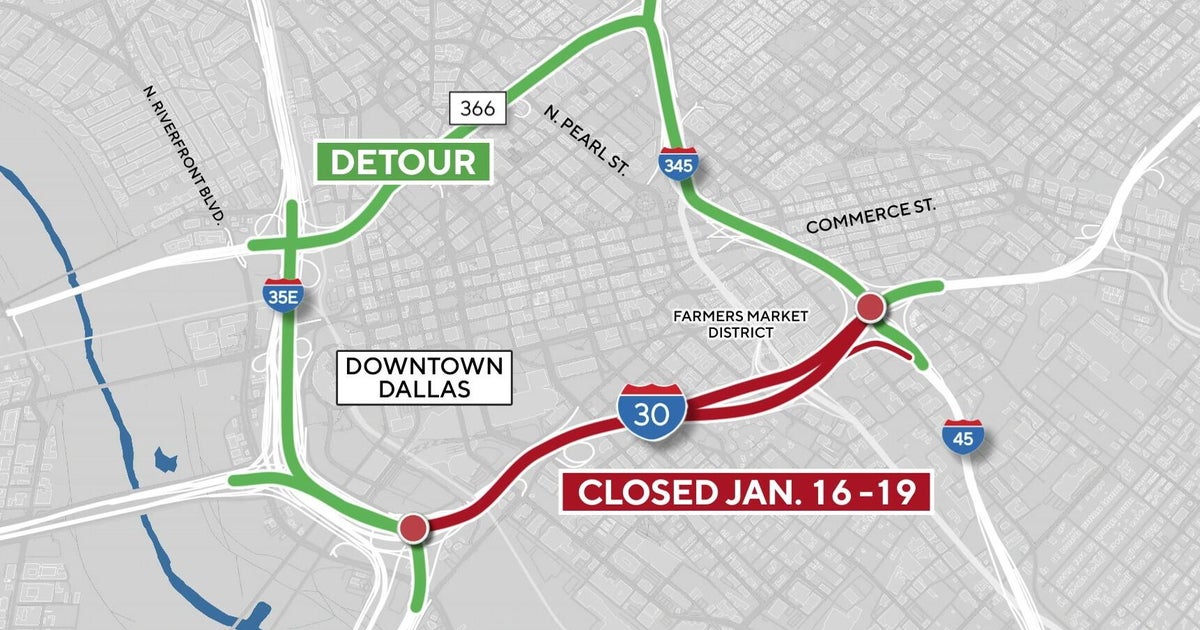Forecast: Michigan Revenues Up $365M Over Previous Estimates
LANSING (AP) - Michigan tax revenues are projected to be $365 million higher over two years than previously estimated, mostly because of economic growth — prompting key lawmakers to suggest Friday that much or all of the surplus money go toward fixing bumpy roads.
That was positive news for Republican Gov. Rick Snyder and legislators, months after they had to address a $410 million shortfall in the current budget when companies redeemed higher recession-era tax incentive credits than expected. They are planning to finalize the 2015-16 spending plan by early June, and hope to find additional road money after voters rejected a sales tax increase to trigger $1.3 billion annually for highway, streets, bridges and public transit.
Snyder's administration and legislative economists agreed that school aid and general fund revenues will be nearly $218 million higher this fiscal year than projected in January, and tax collections for those two main accounts will be nearly $148 million more than an earlier estimate for the budget year starting in October.
"That's a lot more than I think anybody projected or thought of coming into the last week or so. ... So I look forward to putting at least $350 million, $400 million of general fund dollars into the '16 budget for transportation," said House Appropriations Committee Chairman Al Pscholka, R-Stevensville.
His counterpart in the Senate, Appropriations Chairman Dave Hildenbrand, R-Lowell, also predicted a "significant investment" above the $3.7 billion going to the transportation budget this year, but stopped short of giving specific increase targets.
The Senate and House approved preliminary budget plans in recent weeks that that would shift $140 to $160 million from the $9.9 billion general fund into transportation.
Snyder officials also appeared open to directing additional money to roads.
"We are not against using the money for transportation if we can continue to work on a bigger solution," budget director John Roberts said. "That's where a lot of the debate is going to head."
The Republican governor has favored fuel and registration tax increases to permanently pump at least $1.2 billion more a year into road repairs.
House Speaker Kevin Cotter this week proposed a plan that would rely heavily on diverting growing general funds to roads in coming years, drawing criticism from Democrats who called it "smoke and mirrors." Snyder's administration expressed concern about Cotter's call to cut economic development spending to boost road repairs.
Since the resounding rejection of the lawmaker-proposed constitutional amendment known as Proposal 1, road funding has dominated talk in the Capitol. But with revised budget figures in hand, Snyder and legislators also must bridge significant differences over how to divvy up K-12 funds — including per-pupil grants that vary by district, the fate of the governor's third-grade reading initiative and his call for $75 million for Detroit and other "distressed" school districts.
Other sticking points include proposed fee increases and whether to continue Michigan's film production incentive program.
Budget crunchers said they now have a better grasp on when companies may cash in sizable old tax credits, but the incentives will keep affecting the budget into the early 2030s.
Legislative fiscal analysts said the corporate income tax — which took effect in 2012 — will generate around $1 billion next year. Yet the state also anticipates issuing nearly $900 million in refunds to businesses allowed to keep their incentives under the previous tax code.
Copyright 2015 The Associated Press. All rights reserved. This material may not be published, broadcast, rewritten or redistributed.







